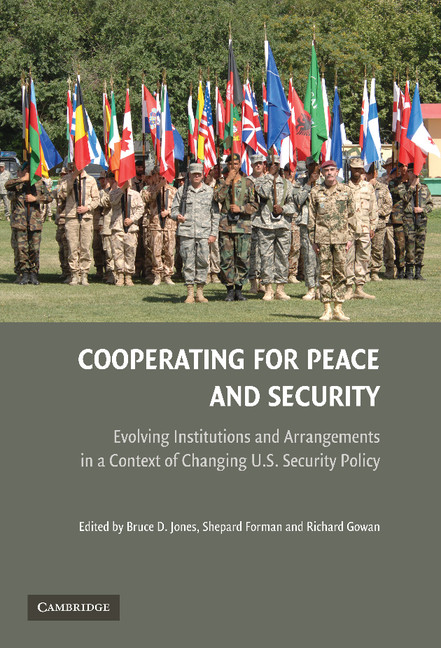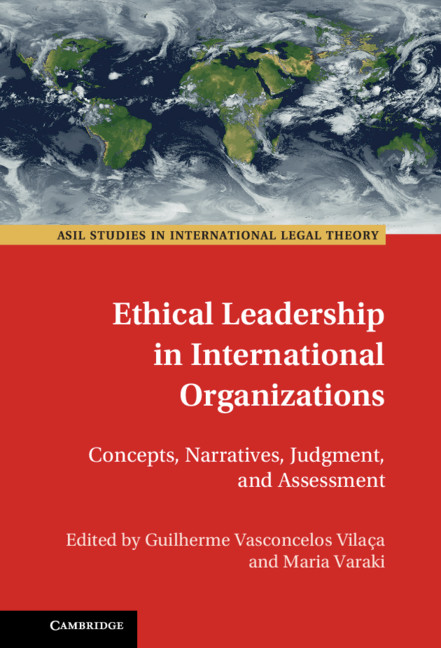Cooperating for Peace and Security
Cooperating for Peace and Security is a comprehensive survey of multilateral security cooperation since 1989. With essays by leading experts on topics from peacekeeping to nuclear security, it goes beyond theoretical discussions of the value of cooperation to show how the operational activities of international organizations meet the security needs of states. In particular, it explores the complex relationship between multilateralism and American security concerns.
Covering the UN, NATO, and regional organizations, the authors show that U.S. interests have often shaped institutions. But, more strikingly, other states have also driven institutional change without U.S. support or even in the face of American opposition. This raises important questions about how the balance of power shapes international institutions. In a period of shifting power dynamics, the empirical evidence on security cooperation gathered in this volume is a unique resource for scholars and policy-makers concerned with the future of international institutions.
- Unique perspective provided by contributors who are both practitioners and academics and therefore approach these topics with multidimensional expertise
- Fills a gap in literature - available literature tends to focus too heavily on policy and politics, not enough on the institutions themselves, and does not address the sources and causes of the change that has taken place in these various fields since the end of the Cold War
- Covers a broad scope in terms of issue areas, with chapters covering nearly all aspects of the global security architecture, without sacrificing analytical depth
Reviews & endorsements
“This volume provides a uniquely detailed and wide-ranging survey of international institutions and security cooperation since the end of the Cold War. It will become a standard point of reference in debates about the U.S. and multilateralism in a changing world.”
-- Kemal Dervis, Vice President and Director of Global Economy and Development Program, the Brookings Institution; former Executive Head of UNDP
Product details
October 2009Hardback
9780521889476
362 pages
229 × 152 × 24 mm
0.7kg
1 b/w illus. 2 tables
Available
Table of Contents
- Part I. Framework:
- 1. Introduction: 'two worlds' of international security Bruce Jones and Shepard Forman
- 2. 'The mission determines the coalition': the United States and multilateral cooperation after 9/11 Stewart Patrick
- 3. UN transformation in an era of soft balancing Stephen John Stedman
- Part II. Adapting Cold War Institutions:
- 4. An evolving UN Security Council David Malone
- 5. Too many institutions? European security cooperation after the Cold War Richard Gowan and Sara Batmanglich
- 6. Whither NATO? Mats Berdal and David Ucko
- 7. The evolution of nuclear non-proliferation institutions Christine Wing
- 8. 9/11, the 'war on terror' and the evolution of counter-terrorism institutions Eric Rosand and Sebastian von Einsiedel
- 9. Evolution and innovation: biological and chemical weapons Fiona Simpson
- Part III. New Tools, New Mechanisms:
- 10. Normative evolution at the UN: impact on operational activities Ian Johnstone
- 11. Constructing sovereignty for security Barnett R. Rubin
- 12. New arrangements for peace negotiation Teresa Whitfield
- 13. International humanitarian cooperation: aiding war's victims in a shifting strategic environment Abby Stoddard
- 14. The evolution of regional and sub-regional collective security mechanisms in post-Cold War Africa Sarjoh Bah
- 15. International courts and tribunals Cesare Romano
- Part IV. Conclusions:
- 16. Conclusion: international institutions and the problems of adaptation Richard Gowan and Bruce Jones.





